The MCU has never been great with representation.
The massive media franchise is slowly working to repair its negative history regarding inclusion, thanks in large part to films like Black Panther: Wakanda Forever, but there’s still quite a ways to go before the franchise will feel like its stories truly belong in 2022. Far too many of its releases lack visibility for a number of marginalized groups, in particular the LGBTQIA+ community.
The first film to include a gay character was infamously Avengers: Endgame. The character in question was inarguably a side note, played by Joe Russo himself, in a role that hardly touched on his status as a member of the community at all. Technically, the first-openly, visibly gay character in the MCU was Jeri Hogarth, played by Carrie-Anne Moss in Jessica Jones and Daredevil, but the franchise’s theatrical releases are notably bare of gay representation.
This began to change with the release of 2021’s The Eternals, which finally debuted a gay main character whose sexuality was allowed to shine openly. The MCU’s ranks of queer characters have been on a slow build in recent years, as characters like America Chavez, Valkyrie, Korg, and even Loki come out of the woodwork and are confirmed as canonically queer. It’s still an issue for the media franchise, however, particularly following the Disney acquisition.
As Wakanda Forever faces fresh accusations of queerbaiting, particularly in the wake of its decision to cut several key scenes for release in countries with negative LGBTQIA+ policies, fans are turning their gazes to the future of the MCU, and what it might contain for LGBTQIA+ viewers. The world is inarguably rife with people of all different sexualities, and if the franchise wishes to grow with society, its going to need to update its approach.
This is particularly relevant given the recent introduction of Riri Williams, the girl set to adopt the Iron Man mantle. She joins America Chavez, Kate Bishop, and both the Maximoff twins in their status as up-and-coming LGBTQIA+ icons, but will the MCU choose to maintain her complicated history with queer identity, or take the safe route and present her as a straight woman?
Riri doesn’t have the typical, happy-go-lucky relationship with queerness, and her’s is an important story to tell. In Marvel comics, when Riri is initially confronted with the realization that one of her teammates harbors a crush for her, she doesn’t react well. Internalized homophobia instead speaks for her, and pushes her to initially reject Viv Vision and her interest.
As the story evolves, however, and after Riri is faced with a corrupting enemy that nearly leads her to destroy her teammates, she realizes the fault in her actions. In the 2019 storyline, it’s Viv’s genuine apology that pulls Riri from Blackheart’s control, and helps the young character to acknowledge her own feelings.
The complicated and heartfelt storyline is a reality for so many young people today, as both queer people and those outside the LGBTQIA+ community grapple with an ever-changing society. It’s not uncommon for those raised with internalized homophobia to reject their queer community members, but time and education softens all but the hardest of hearts. A story like this could help to truly establish the MCU as a queer-friendly space, and one that cares to tell all kinds of stories, not just the pretty ones.
With the franchise’s lukewarm—at best—attempts at queer visibility in Wakanda Forever, however, its hard to imagine that the MCU is willing to take the risk on genuine, rich LGBTQIA+ stories. Instead, it seems content to shove in minor, easily missable nods to the community where they fit, and happily erase them in any area of the world not willing to support something as tame as a kiss on the head.
It doesn’t seem likely that Riri’s journey to self-examination and acceptance will make the MCU cut, but the franchise would be massively improved if it was. The MCU, particularly under the Disney banner, has more monetary backing than Elon Musk, and can certainly take the financial blow that would come with truly, genuinely opening itself up to queer-friendly storylines. Such a move would take guts, however, and unlike the heroes it so loves to bring to screens, the MCU is sorely lacking in that territory.

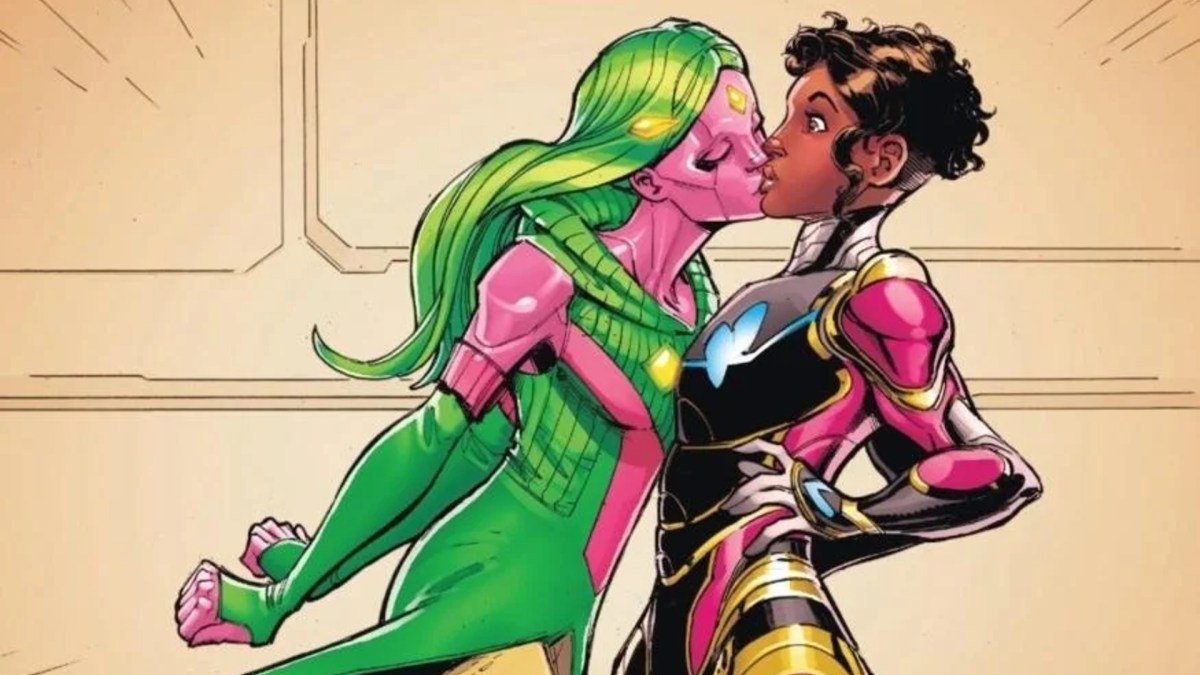
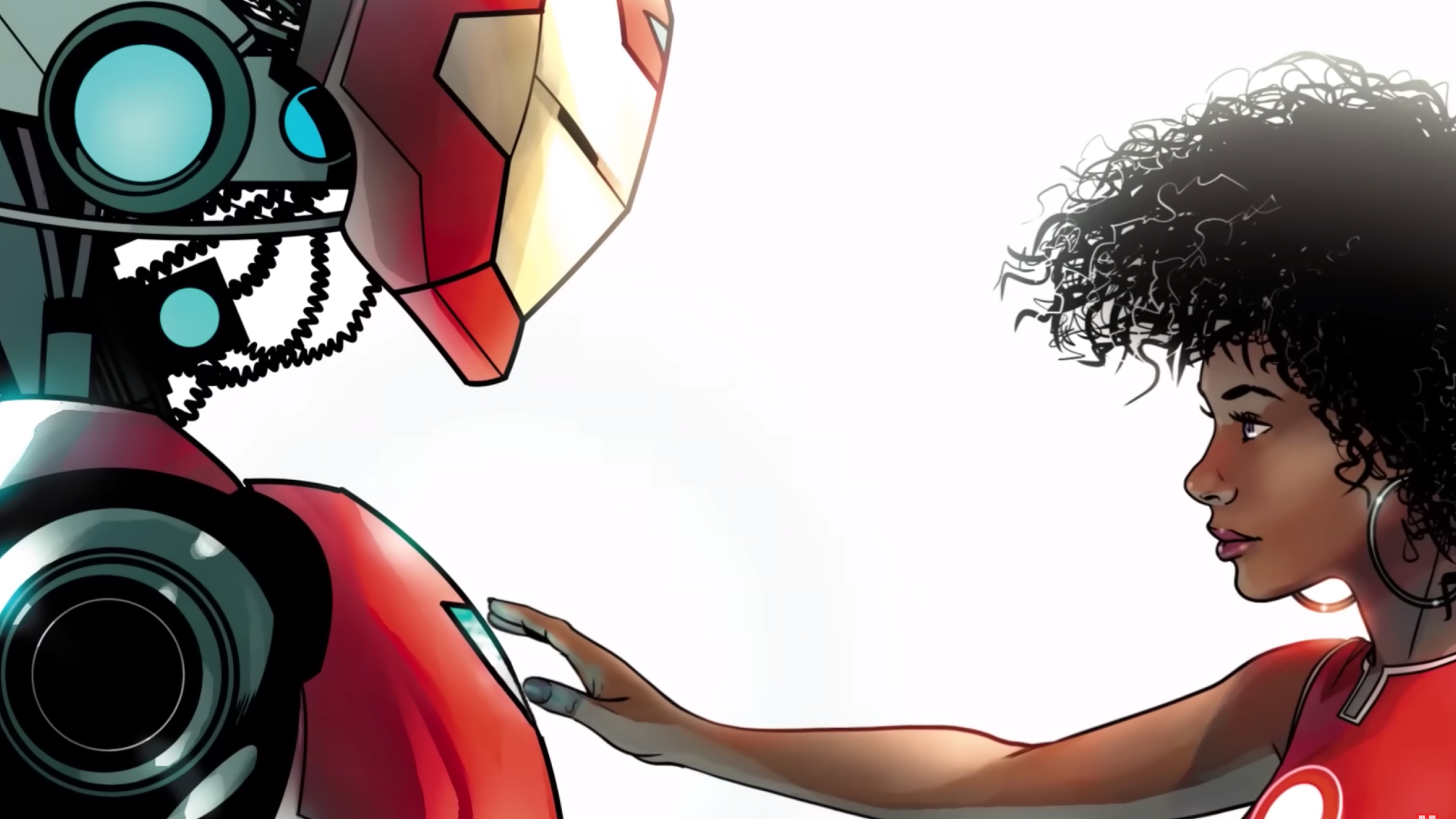
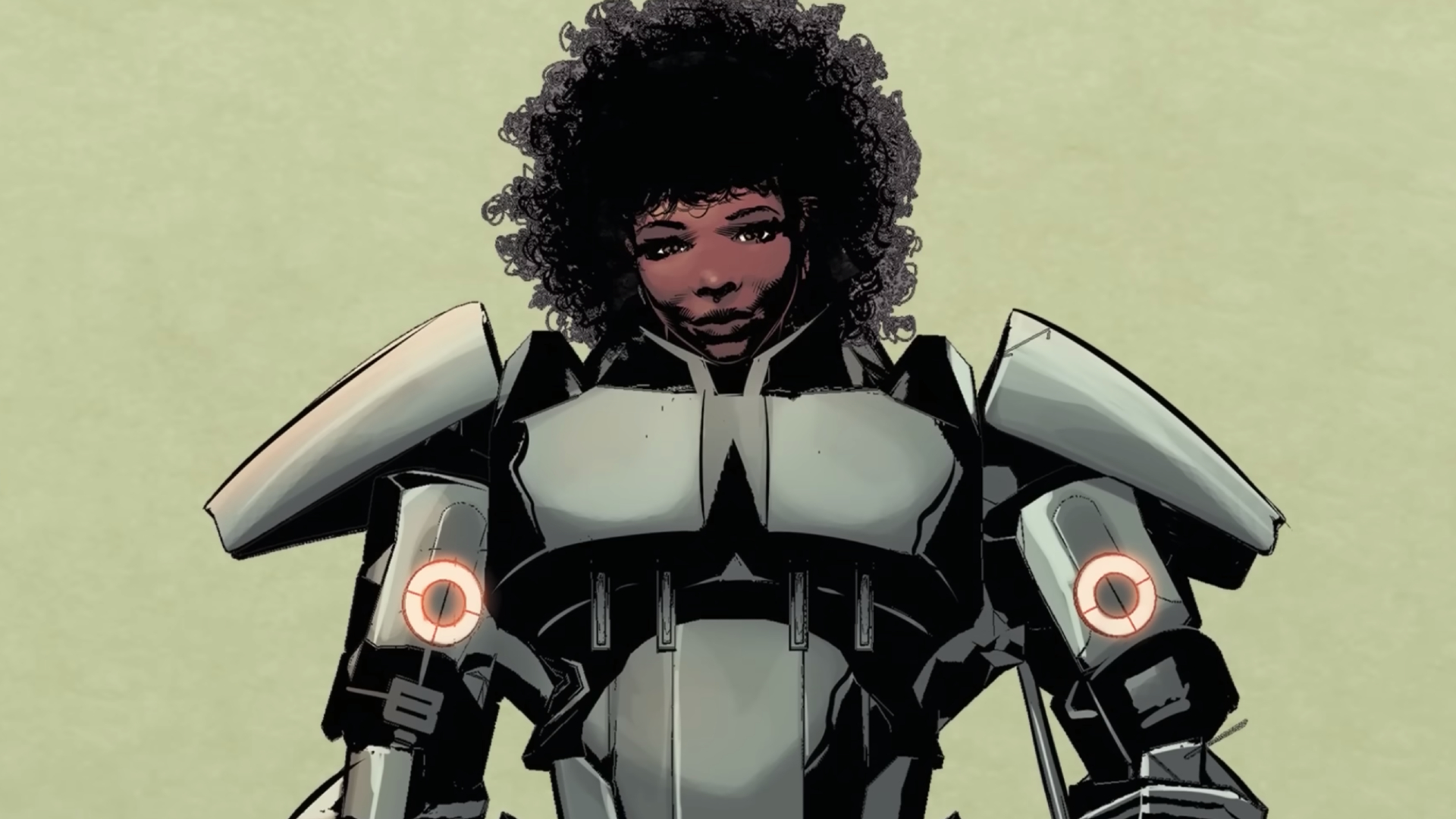
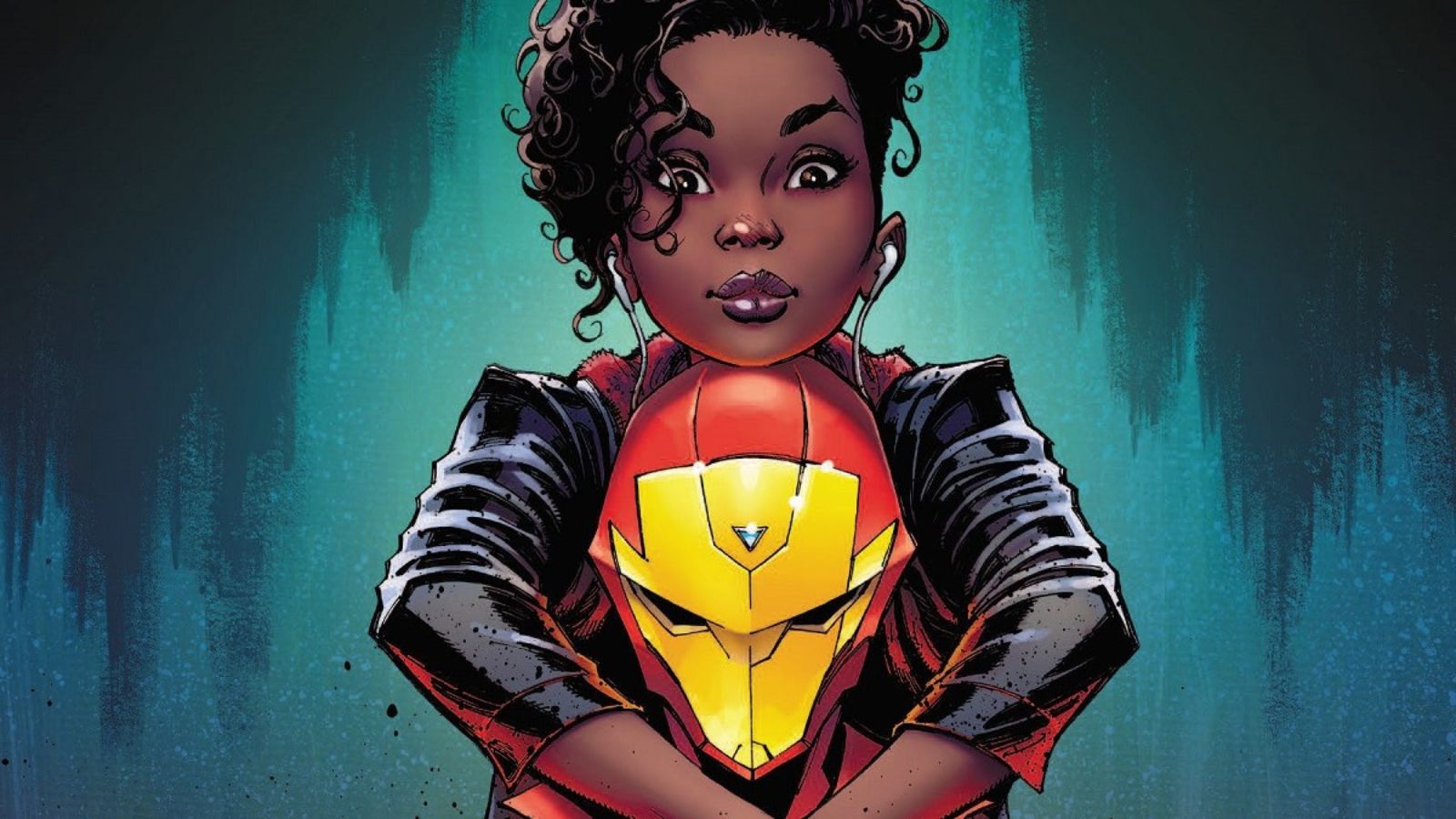
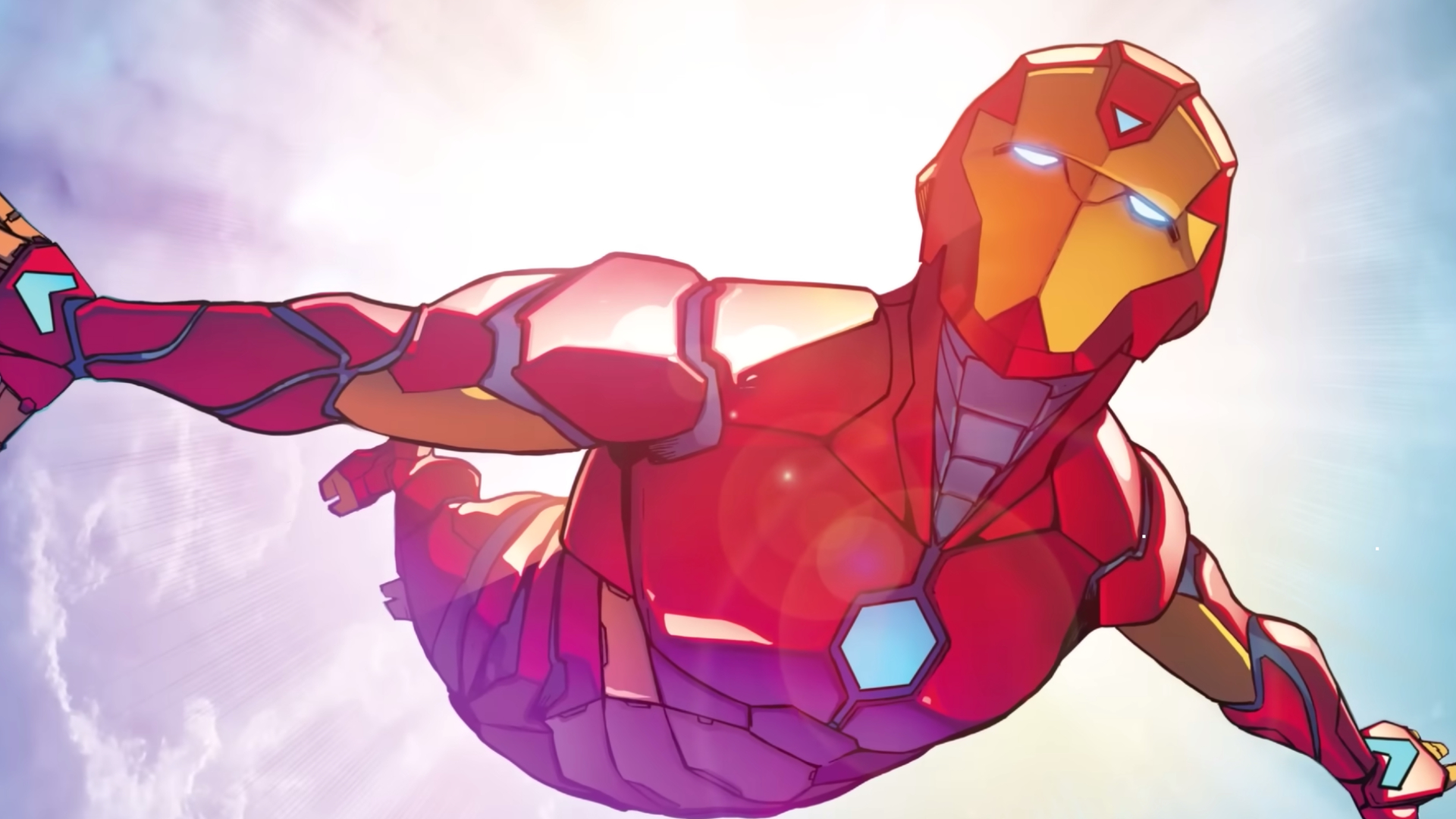
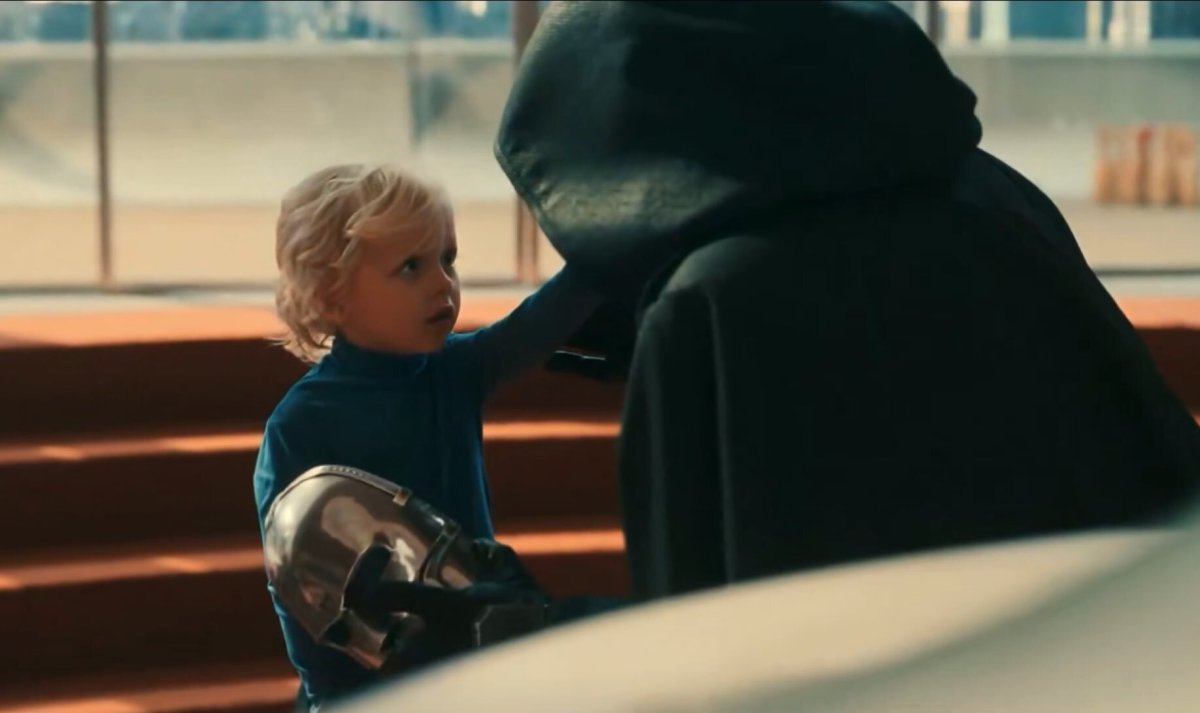
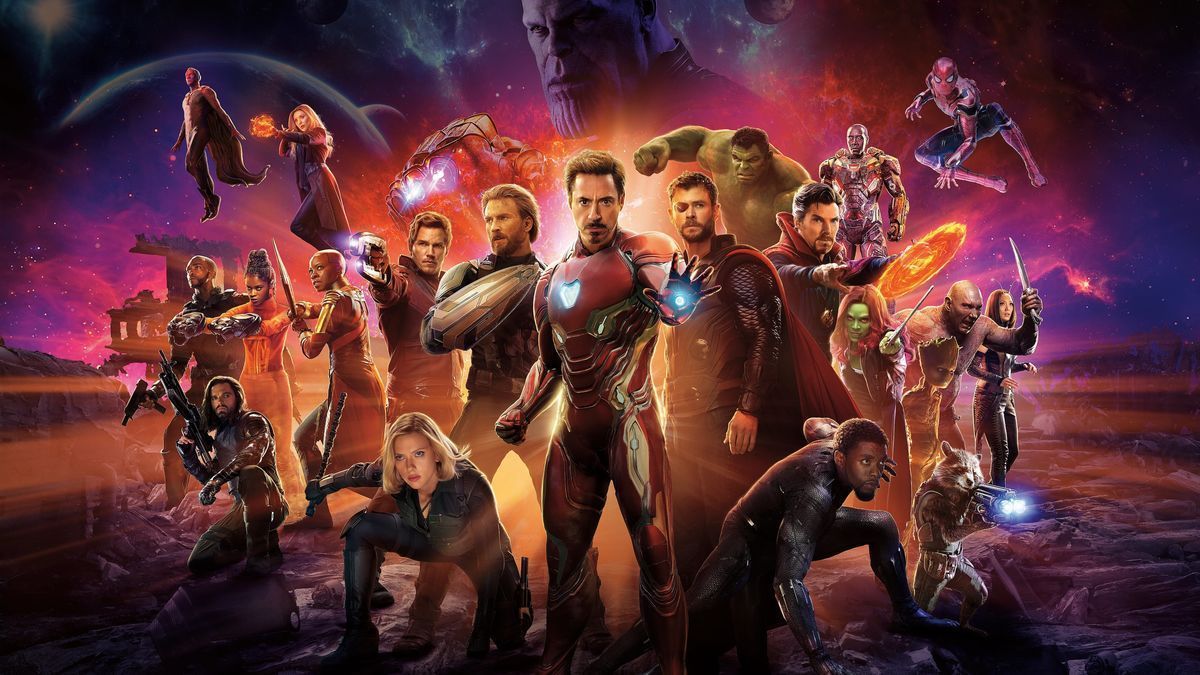
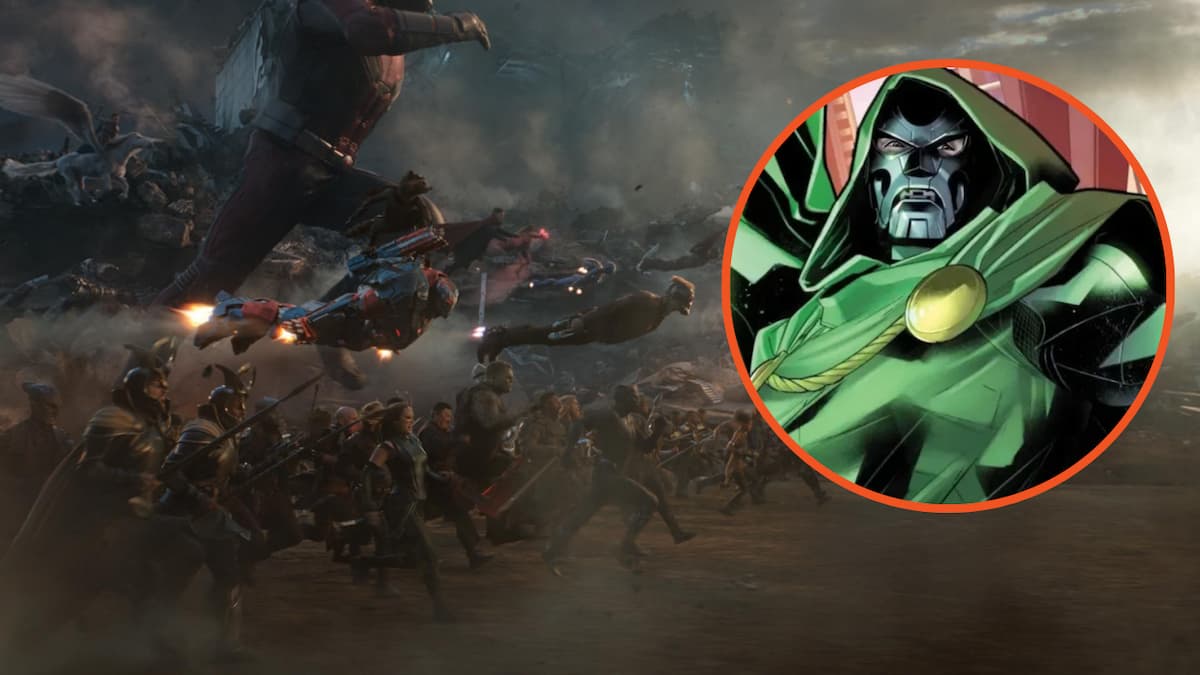
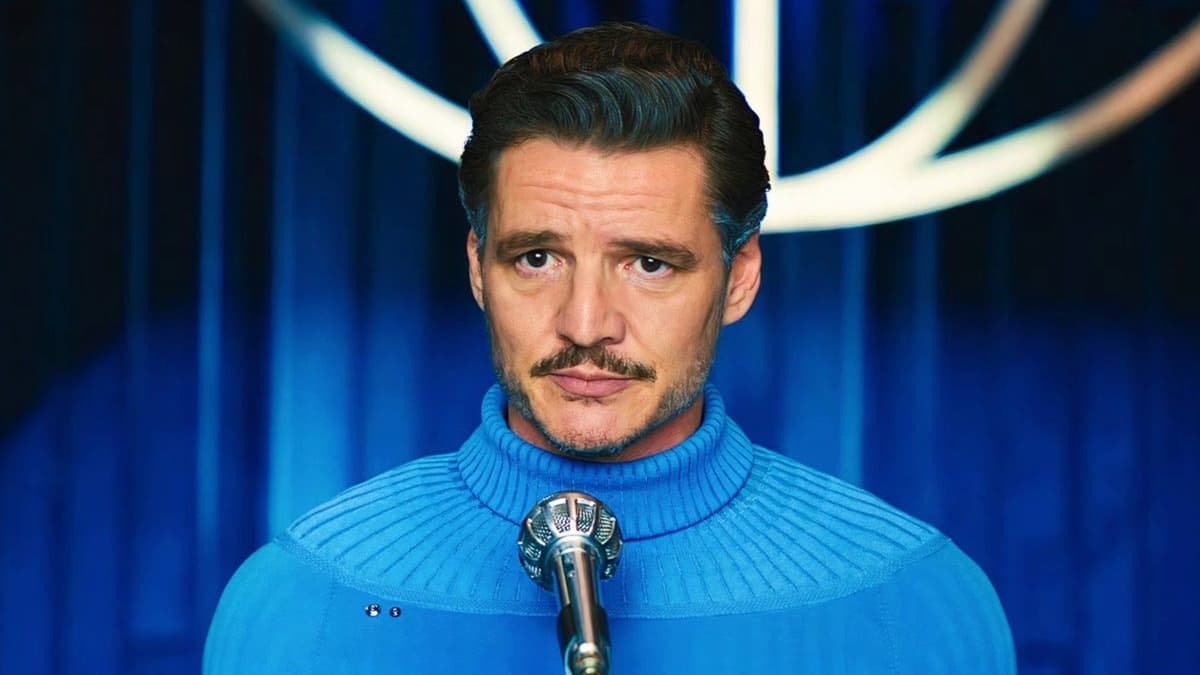
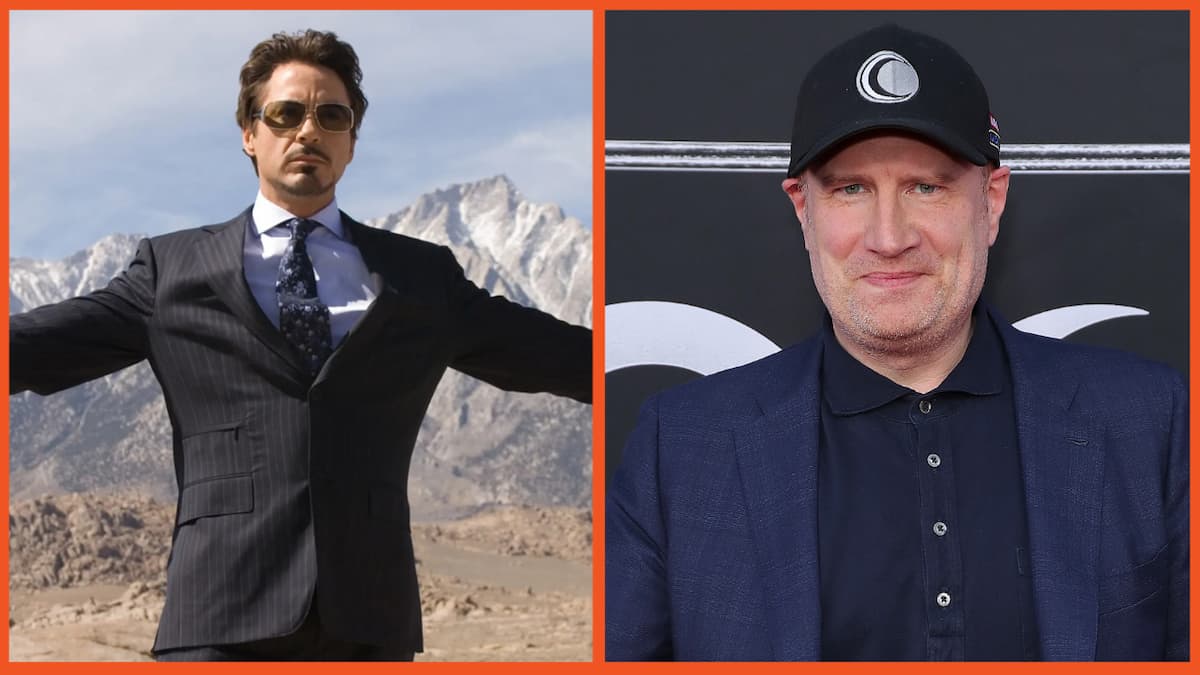
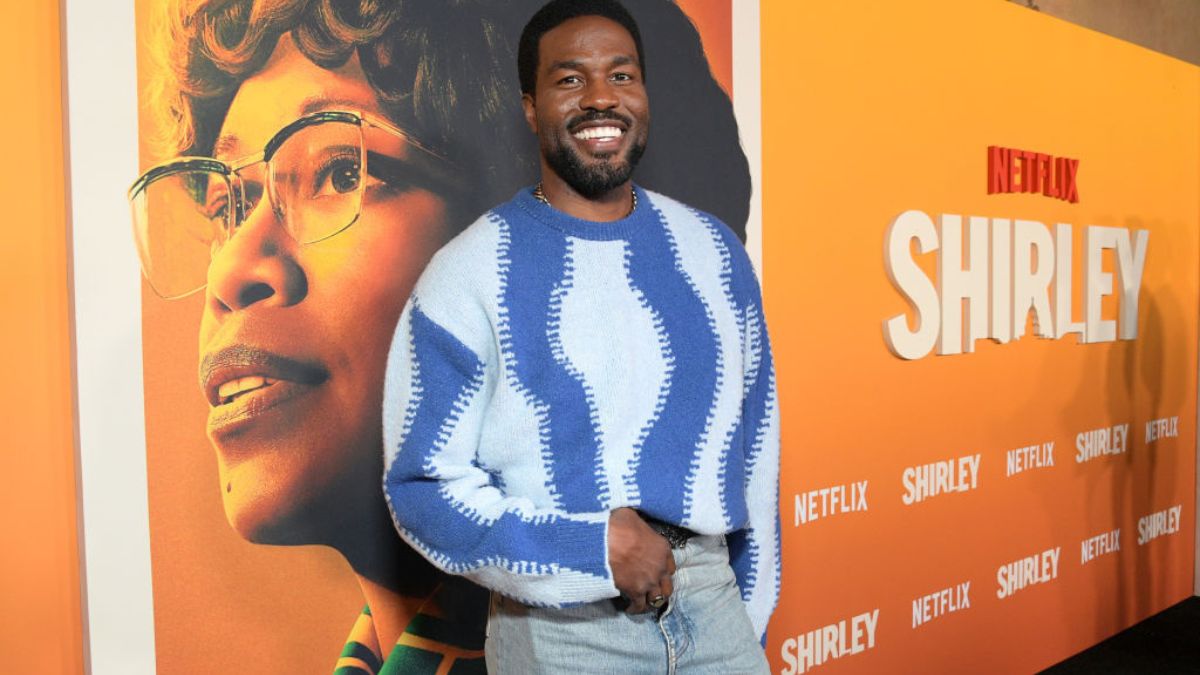
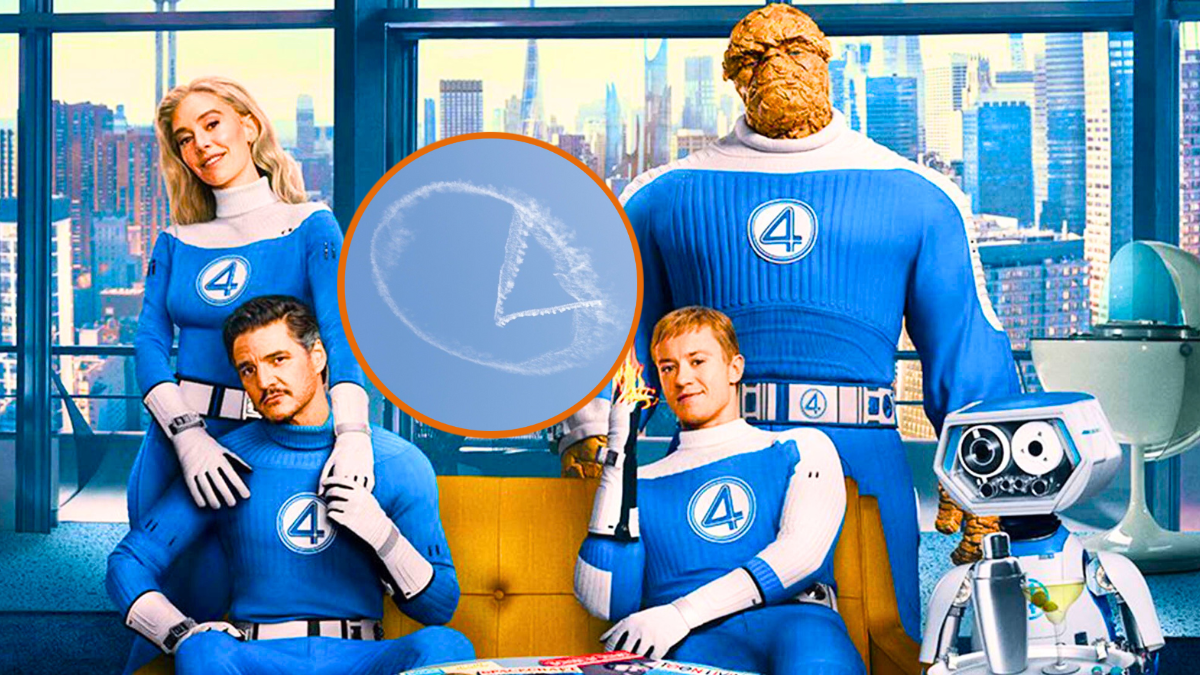
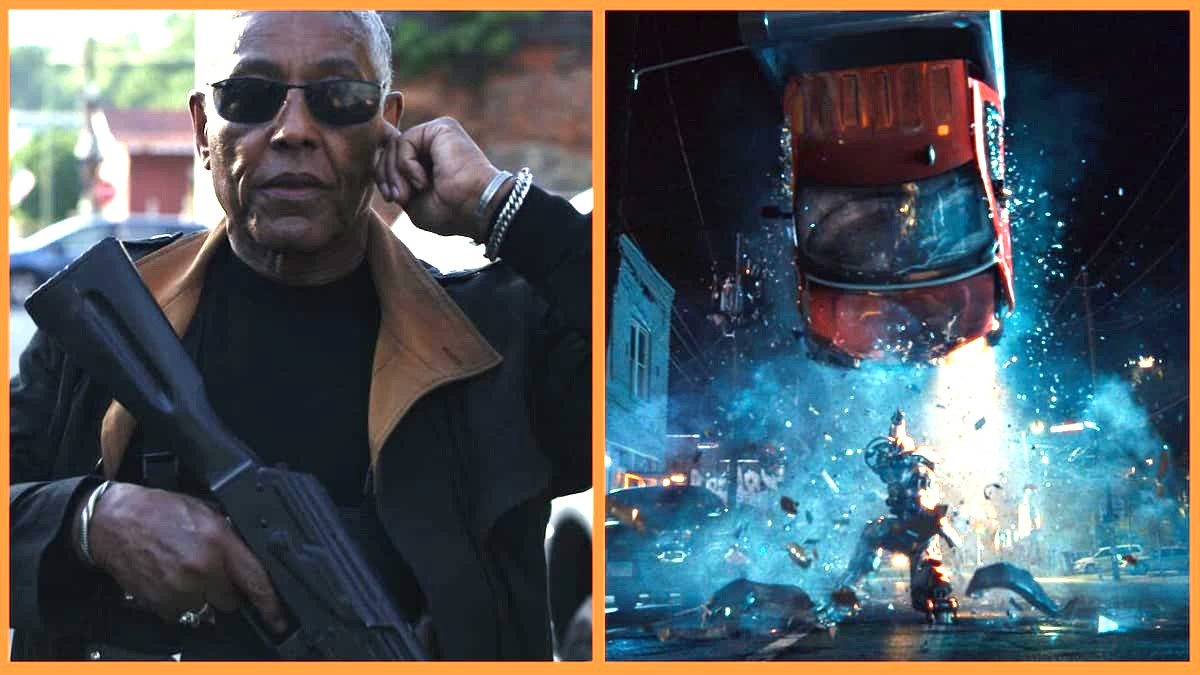

Published: Nov 14, 2022 01:33 pm